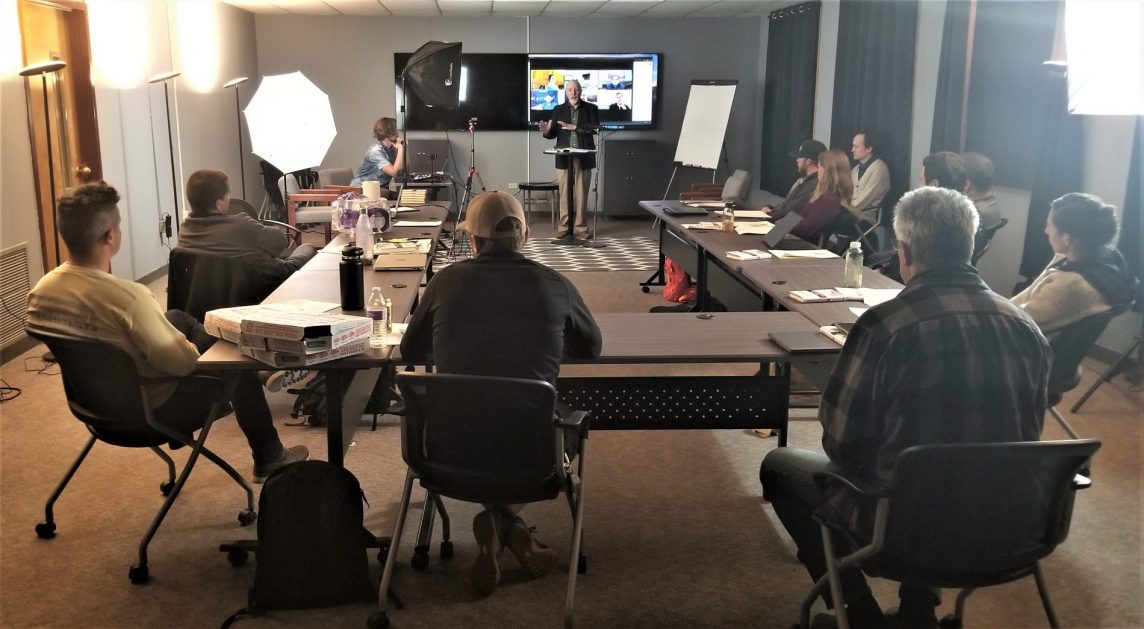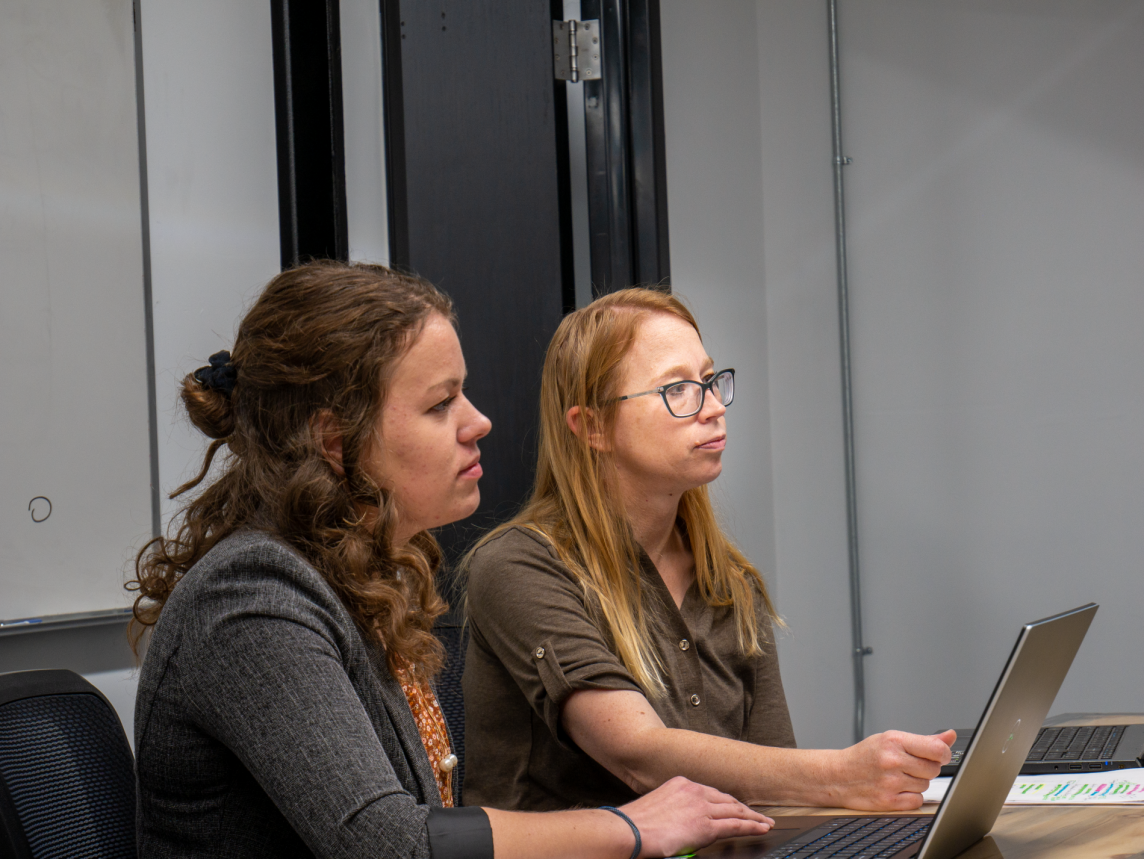Upskilling a Top Priority for Tourism and Retail Sector Partnership
CAÑON CITY, Colo., July 1, 2021 (Newswire) – Fremont Economic Development Corporation, a 501c6 private not-for-profit focused on economic development in Fremont County and central Colorado, today announced the creation of an online job board and career center to connect local employers with prospective employees. The project was launched as part of the Upper Arkansas Tourism and Retail Sector Partnership, also known as “TOR,” which consists of Fremont, Custer, Lake, and Chaffee Counties.
“By offering businesses the ability to post and promote hyperlocal job openings within the communities they serve, we hope to create a pipeline of perspective employees who will have access to free upskilling and reskilling resources such as Career Readiness Bootcamp, Customer Service & Sales certification and more,” said Kevin Mahmalji, engagement coordinator for the sector partnership. “This will ensure that those entering the workforce for the first time, re-entering the workforce, or simply changing careers will have the skills they need to succeed within the region’s tourism, retail or food service industries.”
Explore the job board here: https://jobs.fremontedc.com/
Established in 2005 by the State of Colorado, Sector Partnerships facilitate collaboration between business leaders from the same industry within a shared labor market region. In return, business leaders and other stakeholders work with academia, workforce development, economic development, and community-based organizations to empower our workforce while addressing other competitiveness needs of each sector.
“As some businesses within the region continue to struggle with staffing issues, there’s an obvious need for workforce development,” Rob Brown, Fremont Economic Development Corporation (FEDC), Executive Director, said. “The small businesses in our region rely on employees to perform a wide variety of tasks. Cross-training and upskilling are very valuable both to the employees and the companies they support.”
The Upper Arkansas Tourism and Retail Sector Partnership, in collaboration with Pueblo Community College, and Colorado Workforce Centers across the region, have partnered with the Colorado Workforce Development Council to promote resources and facilitate training for individuals currently employed in, or recently displaced from the tourism and retail industries. The partners are concentrating on up-skilling through the Lives Empowered Training Academy – which has been made possible by a $4.1 million grant from Walmart to the Colorado Workforce Development Council
The Upper Arkansas Tourism and Retail Sector Partnership will utilize a variety of cloud-based tools including Zoom, Basecamp, and Slack – a communication tool used by more than 700,000 organizations around the globe – to promote the job board and career center across the four-county region.
About Fremont Economic Development Corporation (FEDC): Fremont Economic Development Corporation is a professional economic development organization focused directly on business attraction, retention and expansion in Fremont County, Colorado. With an established and growing network of business, academic and governmental partners, we directly assist companies with competitive locations or expansion projects by connecting them with the right people, the appropriate resources and the most meaningful and relevant information.
FEDC directly manages or assists in supporting multiple sector partnerships across the Upper Arkansas region of Colorado, serving Fremont, Custer, Chaffee, and Lake Counties. www.fremontedc.com
For media inquiries, please contact Kevin Mahmalji, [email protected]









